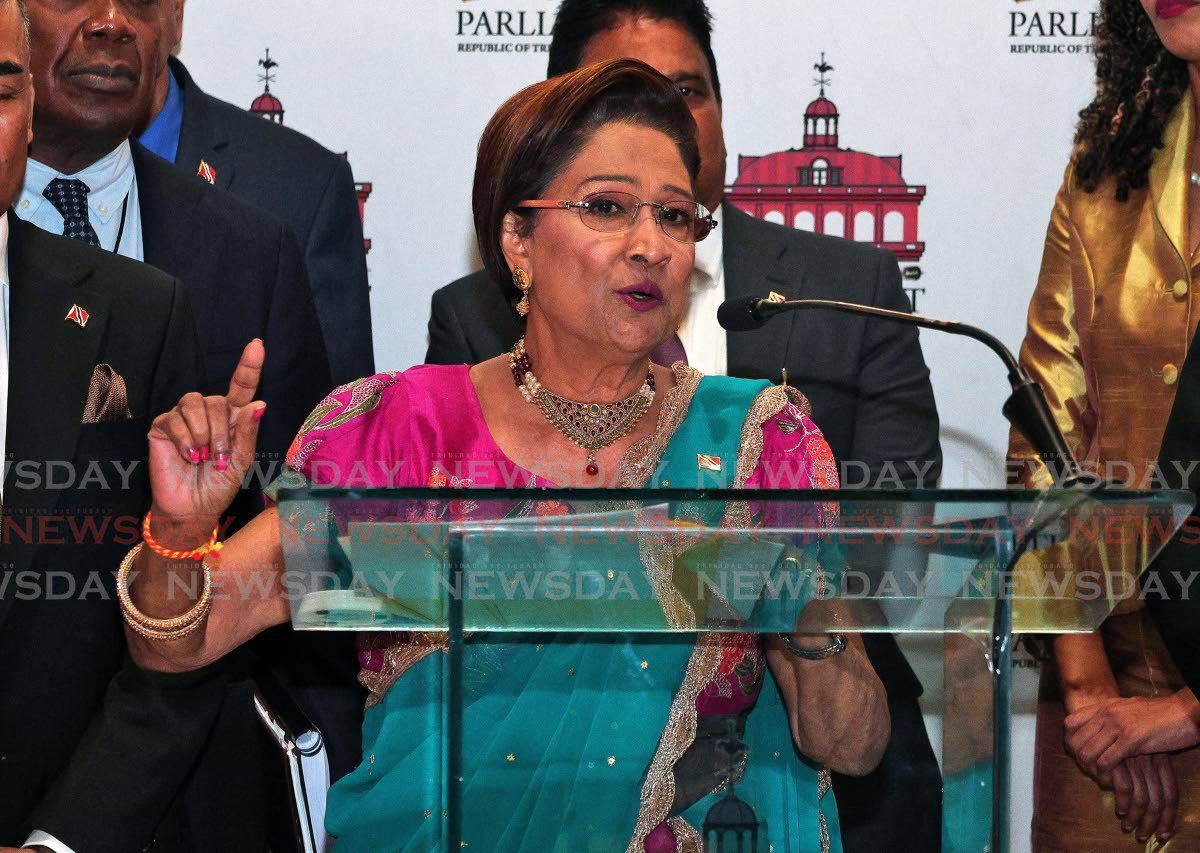Prime Minister Kamla Persad-Bissessar of Trinidad and Tobago has stirred significant regional discord by endorsing US military expansion near Venezuela and advocating for lethal measures against drug traffickers. This stance has not only fractured Caribbean unity but also drawn sharp criticism from both citizens and regional leaders. The Caribbean Community (Caricom) has promptly distanced itself from Persad-Bissessar’s position, emphasizing its commitment to non-interference and respect for sovereignty. Her assertion that Caricom was ‘already divided’ has been labeled as dismissive and divisive, further exacerbating existing tensions. The implications of this controversy are far-reaching: diplomatically, it undermines Caricom’s collective voice and weakens its global credibility; geopolitically, it risks provoking retaliation from Venezuela and destabilizing regional relations; domestically, it threatens to incite civic unrest due to the lack of democratic consultation; and ethically, it raises concerns about the blurring of lines between law enforcement and extrajudicial violence. Critics argue that Persad-Bissessar’s foreign policy is influenced by narrow identity politics, which could alienate diverse constituencies and undermine democratic norms. This episode represents a significant rupture in Caribbean diplomacy, jeopardizing Trinidad and Tobago’s legacy as a peaceful, sovereign nation and straining Caricom’s already fragile unity.
